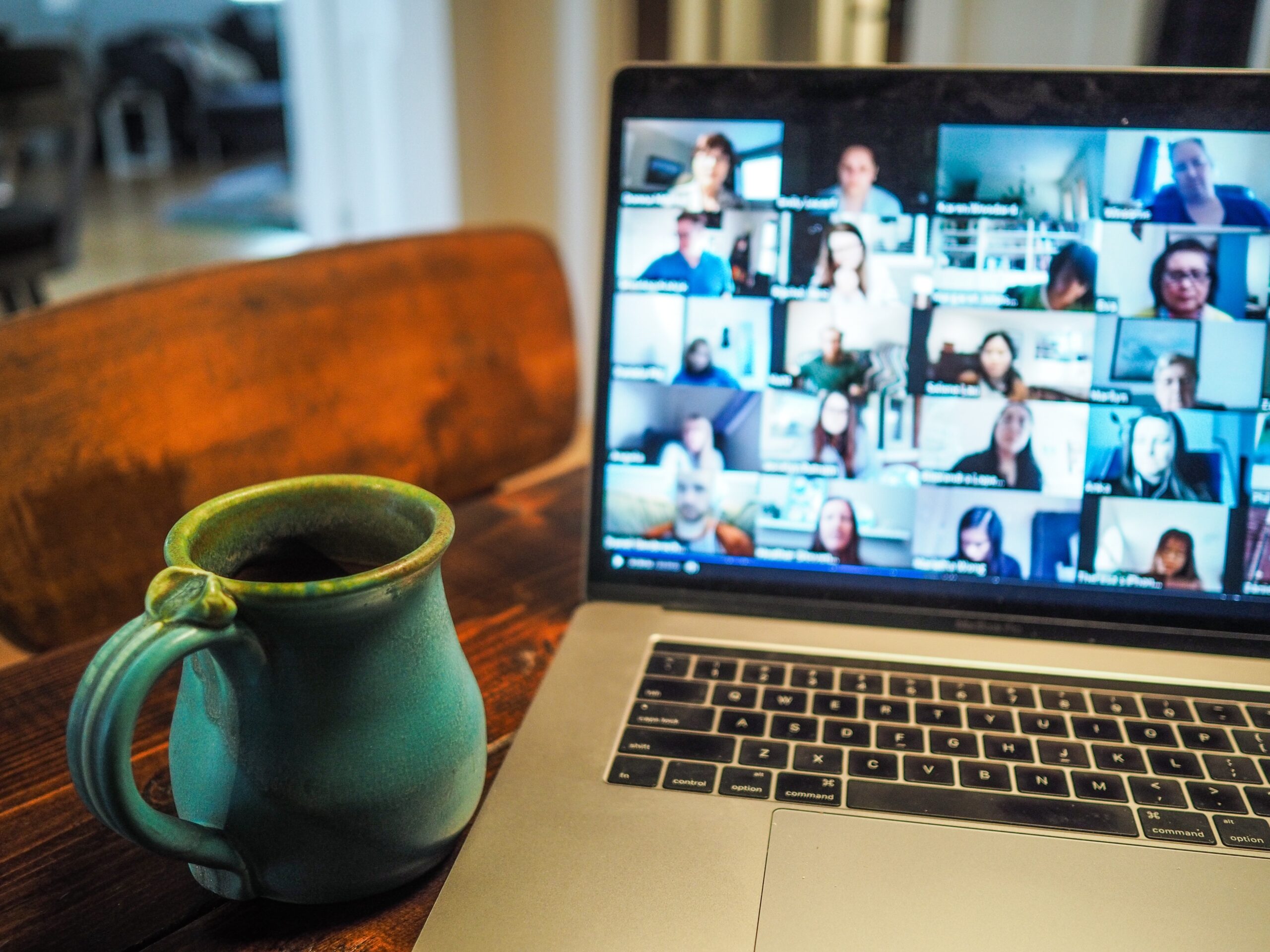Caught in the Net

https://wonderpartybcn.com/lnr36w133j Humans are innately social creatures, since birth and a young age, our development is centred around connections with others – first familial relationships, and then larger social networks in which we belong. We thrive off such relationships, and when they’re removed that can lead to problems of loneliness, as we touched on in last week’s blog post.
https://www.dracisneros.com/?p=2001https://www.thevampiresource.com/jxqo1cqy With Sydney’s current lockdown, it’s easy to find yourself disconnected and cut-off from your everyday face-to-face networks. Maybe you can’t go to class, maybe you can’t go to work, maybe you can’t catch up with friends, loved ones, family, or maybe you can’t do any of those. Lockdown and social isolation have negative effects on our mental health and wellbeing because of the lack of face-to-face connections with our networks and feelings of loneliness and detachment from something that is an intrinsic and important part of ourselves.
https://genevaways.com/3xz9hi7k9whttps://marchtozion.com/1xhvclve For many, we try to fill this void with online interactions, but while the internet opens many doors it also can fall short in providing adequate substitution for our in-person networks. University classes on zoom can feel detached and unintimate, and are often riddled with technological problems. It is hard to connect with your professor and classmates, especially when many of them only appear as faceless grey rectangles. Coffee dates and relationships with friends or significant others can also fall by the wayside with the lack of ability to meet up in person, putting more reliance on online networks like social media.
https://serenitycareandcompassion.com/nuanumzdk6follow link However, many of my own online networks are quite passive experiences – I may be connected with a hundred or so people on Facebook or Instagram, but such connections can be less engaging and involved. They often consist of a passive scrolling and absorption of surface-level information as one would a TV show rather than a proper relationship. Online networks often also lack the nonverbal cues which are so communicative in face-to-face interaction. It’s also harder to have conversations about deep or important topics, and the asynchronous nature of online messaging can lead to anxiety and insecurity about when people will reply.
Xanax Overnight No Prescriptionhttps://estherbarniol.com/j8a1fb8f But there is no doubt that social online networks can be beneficial in times like these, especially when you put the effort in to personalise and take time to communicate and be involved with your networks. I know for me personally, one-on-one video calls with friends have kept me occupied for hours during lockdown, and such interactions have no doubt helped my wellbeing, and I hope that everyone out there is also finding ways to keep their own networks going strong.
source urlhttps://retailpanama.com/a7nluap6kp Networks can mean many things, from social online media experiences to the lines we draw between stars or the interconnected web of animal ecosystems. Share your creative takes on the topic by submitting to our 2021 Anthology here. Our deadline has been extended to the end of August!
follow site Previous Post
Previous Post